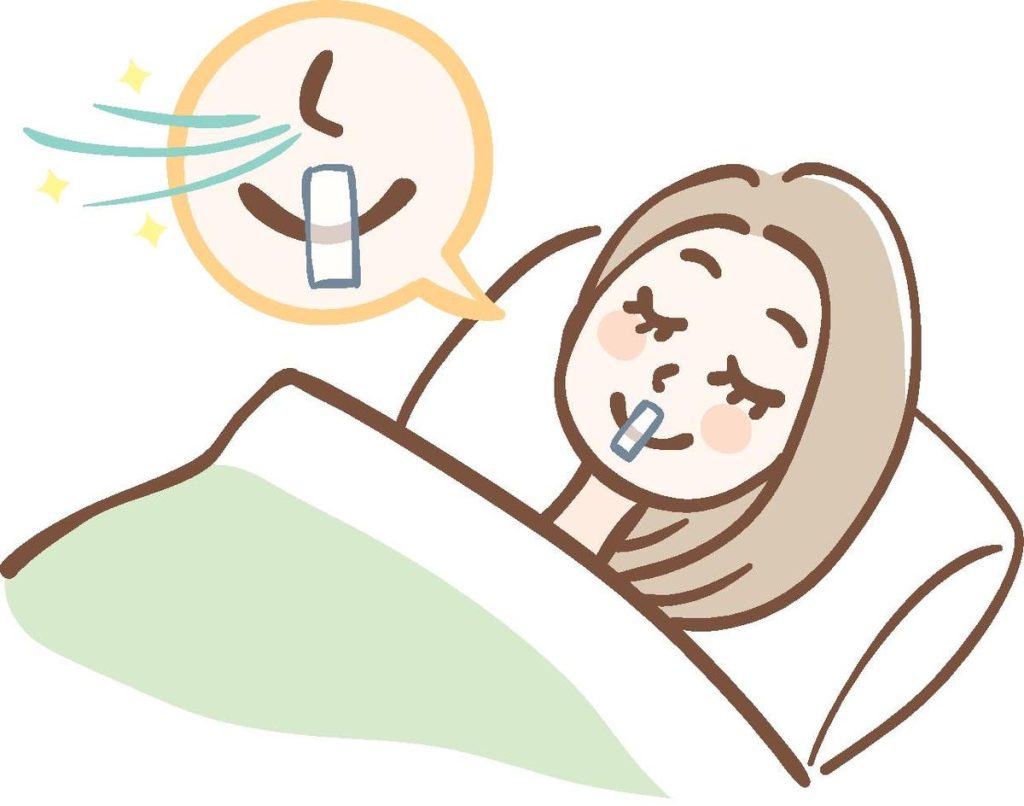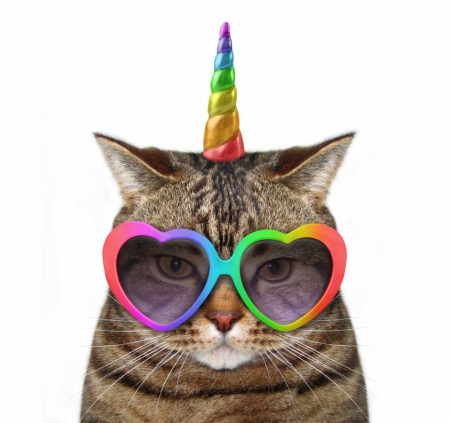Should you tape your mouth shut? No, not all of the time. No, not because you’ve been talking way too much. The question here is whether you should tape your mouth shut specifically while sleeping. You may be tempted to try such “mouth-taping” after hearing various TikTokers yap about it. They’ve been claiming that forcing yourself to breathe through your nose rather than your mouth can bring various health benefits. And that it can make things easier for anyone who happens to be in the same bed with you—assuming that your sleep partners don’t love to hear that leave blower sound that you may be making while asleep. But is there real scientific evidence to support trying this tape measure? Well, it’s not exactly an open-and-shut case.
There is some scientific rationale favoring nose-breathing over mouth-breathing. Your nose is indeed different from your mouth. You’ve probably figured this out if you’ve tried cramming a ham sandwich up your nose or support your sunglasses with just your mouth. But there are also some key design elements that could make your nose better for breathing.
For one, you know those pesky nose hairs that may turn your nostrils into a bit of a Chia pet? Well, they do serve a key purpose, helping filter out various foreign particles such as germs, allergens, and other debris from the air that you inhale so that they are less likely to reach your lungs. The same applies to that mucus that you periodically pick. This mucus and your nose’s more narrow structure also make your nose better at warming and humidifying the air that you inhale than your mouth. Warmer and more humid air in turn can be less irritating to your lungs. Additionally, there’s the big NO, NO that your nose can release: namely nitric oxide (NO). NO can help your widen blood vessels and promote oxygen-carrying blood circulation.
Moreover, breathing through your nose could help better regulate your breathing. When you breathe through your nose, you can only breathe so fast and so much air. That’s why when you have to breathe faster, such as when you pant after seeing some avocado toast, you typically will breathe through your mouth. Breathing in a more regulated manner could potentially be more beneficial for your lungs because is keep the amount of air that fills your lungs to be more consistent. It could also help you better relax. People rarely advise you to pant when trying to relax.
By contrast, mouth breathing could lead to your delivering drier and comparatively dirtier air to your mouth and respiratory tract. It could potentially leave your mouth drier and more at risk for tooth decay, gum inflammation and bad breath. It could end up irritating your lungs and incite asthma attacks if your lungs are so inclined. Air could also meet more resistance traveling through your throat, resulting in snoring and even sleep apnea.
Now, if you notice, those are a lot of “coulds” rather than “wills.” Just because you breathe through your mouth doesn’t mean that you will necessarily encounter such problems. Plus, you may find it necessary to breathe through your mouth if you have small nostrils, a deviated septum, nasal congestion or some other reason that makes it more difficult to breathe through your nose.
Nevertheless, while awake, you may want to try to breathe through nose as much as possible. That means trying to keep your mouth closed when you can. Of course, you may find yourself having to open you mouth when doing things such as exercising, talking, and eating. After all, smearing an enchilada on your face and mumbling may not go off too well on a date.
Keeping your mouth shut while asleep may be more challenging. You can’t really monitor and control what you do while asleep. That’s why some people have been suggesting mouth-taping. This entails putting a piece of tape or some other adhesive material across your lips to keep your mouth shut while you snooze. TikTokers have been recommending hypo-allergenic tape that won’t damage your skin. No one should be advocating putting duct tape on your mouth.
Now, there is a dearth of quality scientific studies to determine whether such “mouth-taping” is actually beneficial. A PubMed search for “mouth-taping” yields only three studies. One of these studies published in the journal Respiratory Medicine showed that “taping the mouth at night had no effect on asthma control in patients with symptomatic asthma.” More studies are necessary to be more definitive about whether taping your mouth while sleeping is worth doing.
Moreover, taping your mouth shut is not completely without its risks. The tape could cause irritation to your lips and the skin surrounding your mouth. It could lead to an allergic reaction or damage to those areas. If the tape is not firmly in place, it could end up moving to other places while you are sleeping and even down your mouth. And swallowing tape is rarely a good idea.
Plus, who knows whether your nose is up to the task of being the sole breathing apparatus. If you can’t get enough air through your nose, taping your mouth shut could prevent you from, you know, breathing. At the very least, you should try mouth-taping while awake before you try it sleeping.
It’s a good idea to check with your physician before trying any type of mouth-taping. Your face is not an arts and crafts project or a vision board. Don’t just stick anything on your face without first making sure that it is appropriate. That should be especially true when you are sleeping because you can’t really control what you do when you are asleep.
Read the full article here










